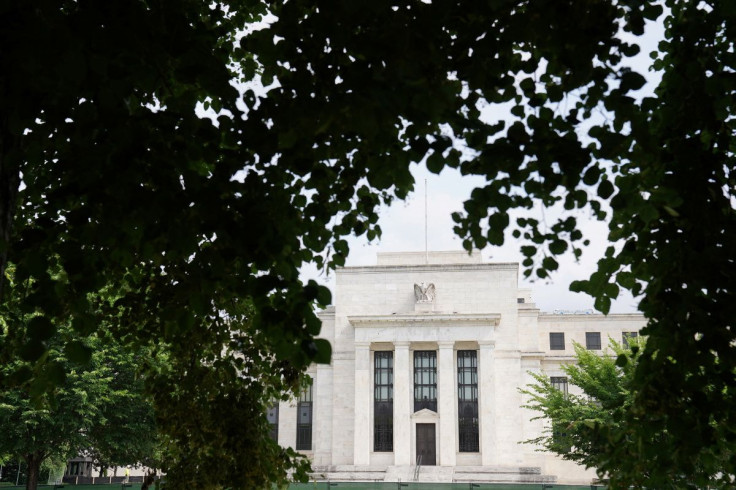US Consumer Sentiment Discovers A Fresh Low As Inflation Rises, Possible Recession Looms

Consumer sentiment in the United States sank further as more Americans’ pessimism in the face of stubborn inflation that has driven up costs for basic goods deepens.
On Friday, the University of Michigan published its monthly index on U.S. consumer sentiment and it found that attitudes have only grown more negative. According to the results, the June sentiment index fell from 58.4 in May to 50.0 -- the lowest reading on record.
At the same time, the index for consumer expectations moved lower from 55.2 to 47.5 and the sentiment for current economic conditions fell from 63.3 to 53.8 in the last month.
Joanne Hsu, director of the survey, said that the declines in sentiment were seen across every group of Americans, regardless of factors like race, class or political affiliation. She added that 79% of consumers expect "bad times ahead" for business conditions, the worst seen since 2009 during the Great Recession. At the same time, Hsu noted consumers were at their most uncertain when it comes to inflation since at least 1991.
Inflation readings have been noticeably poor in the last month. Consumer prices according to the Consumer Price Index (CPI) rose by 8.6% in May after retreating slightly in April while producer prices rose past 10% in the last month.
Both of these have been influenced by rising food and commodity prices, exasperated by supply chain disruptions sparked by the COVID-19 pandemic and now worsened by Russia’s war in Ukraine as well as COVID-related lockdowns in China.
Since the last inflation readings, the Federal Reserve has moved ahead with a third round of interest rate hikes on June 15. The Fed increased rates by 0.75% in the highest single rate hike since 1994.
Fed Chairman Jerome Powell acknowledged the public pessimism surrounding the economy but sought to reassure Americans that the central bank would continue acting appropriately to regain their confidence by taming inflation.
"[As part of the job] is making sure that the public does have confidence that we have the tools, and will use them, and they do work to bring inflation back down over time. It will take some time, we think, to get inflation back down. But we will do that," Powell said in a press conference.
However, taming inflation with rate hikes also requires the Fed to walk a careful line in bringing it down without triggering an economic recession that would contribute to Americans’ negativity.
In hearings before the Senate and the House this week, Powell acknowledged the possibility of a recession but said that the Fed’s intention was not to induce one with its current hawkish posture.
"We are not trying to provoke and do not think we will need to provoke a recession," Powell told the Senate Banking Committee on Wednesday.
© Copyright IBTimes 2025. All rights reserved.





















